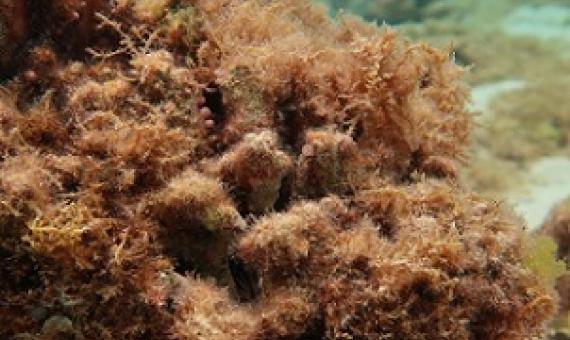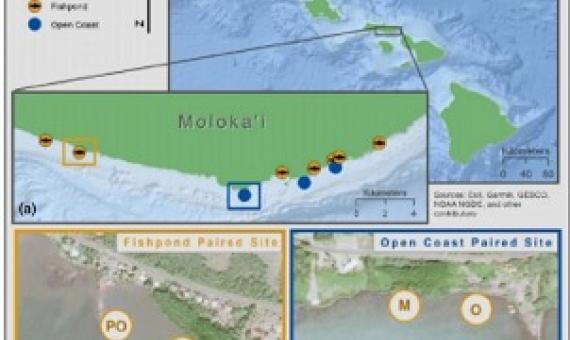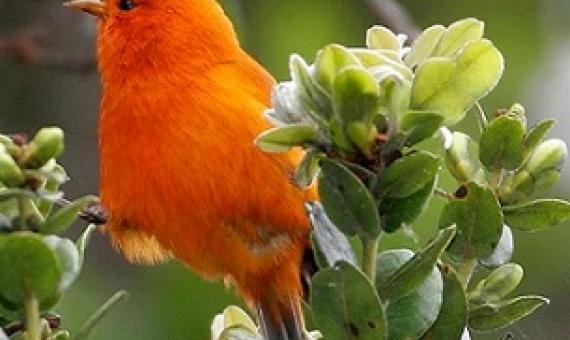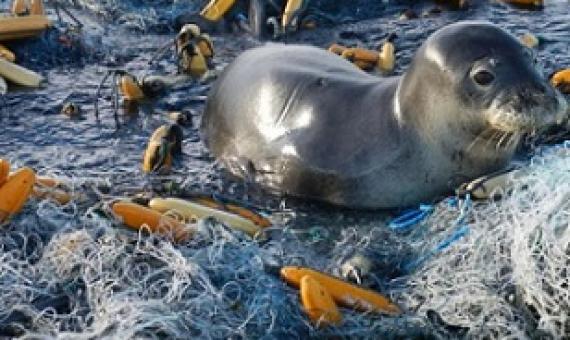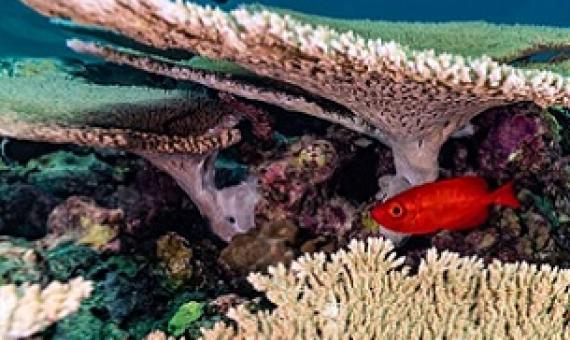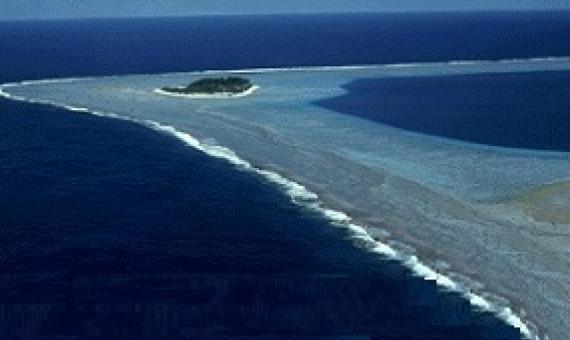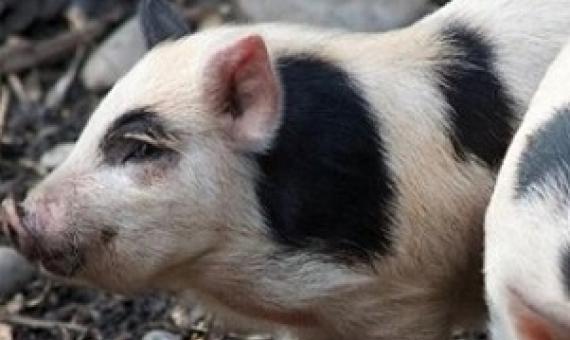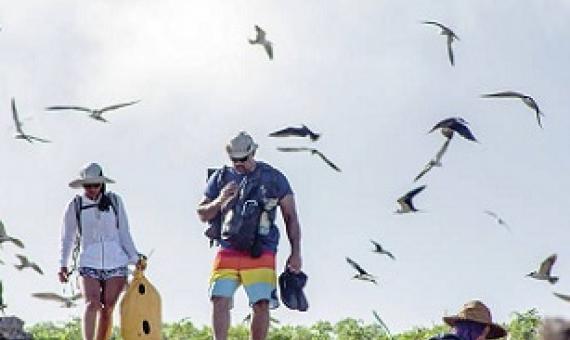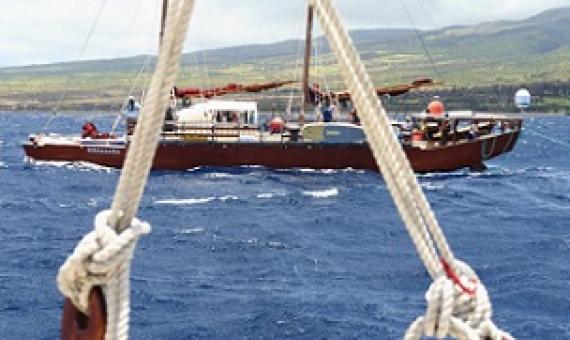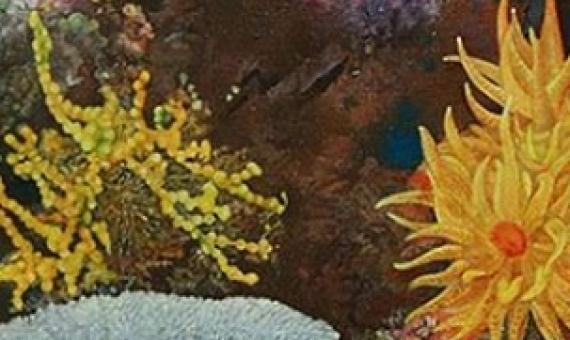A mysterious algae that’s puzzled researchers is now spreading around the Northwestern Hawaiian Islands, potentially putting coral ecosystems at risk.
In a new paper published in the Journal of Applied Ecology, environmental science and management professor Elise Granek and lead author Casey Lewis, PSU alumna, report the findings of a census of zooplankton communities in non-native mangrove habitats and open coastline on the islan
Hawaiʻi has long been considered the endangered species capital of the world, as the Islands are home to hundreds of endangered and threatened plants and animals. On Wednesday, the U.S.
Scientists and divers from NOAA’s Pacific Islands Fisheries Science Center are teaming up with divers from the Papahānaumokuākea Marine Debris Project.
Scientists that recently returned to Oahu from a 20-day research expedition to Papahanaumokuakea Marine National Monument now have some valuable images and data — and a new sense of hope. The group of scientists headed out on a rare trip from Aug.
The National Marine Sanctuary of American Samoa advisory council and the Hawaiian Islands Humpback Whale National Marine Sanctuary advisory council will meet virtually on Wednesday, July 14, 2021. This meeting is the first joint meeting between the Hawaiian Islands Humpback Whale National Ma
Wild pigs (Sus scrofa), one of the most widely distributed mammals on the planet, have gained notoriety in recent decades due to their devastating impacts to agricultural crops and threats to species of conservation concern. Recent findings of a team of researchers from the Un
Co-trustees of the Papahanaumokuakea Marine National Monument recently released Mai Ka Po Mai, a historic-guidance document that will help federal and state agencies further integrate Native Hawaiian culture into all areas of management of the 582,578-square-mile protected region in the
Voyaging canoes Hōkūleʻa and Hikianalia set sail at approximately 12:30 p.m.
The brief identifies success stories in reducing coral reefs' vulnerability to local stressors and climate change, with examples from Belize, Bali, American Samoa, and Hawai’i, US. A new fund was launched in September 2020 to invest USD 500 million over ten years to conserve coral reefs.

